|
|
OVERVIEW #4
FLOW ... ACTIVITIES
in the SOCIO-ENVIRO-ECONOMIC SYSTEM
|
|
STREAMS / STRANDS / STRINGS
|
|
WHAT ARE ALL THE IMPACTS FOR THE LIFE CYCLE OF PRODUCTS?
|
NATURE
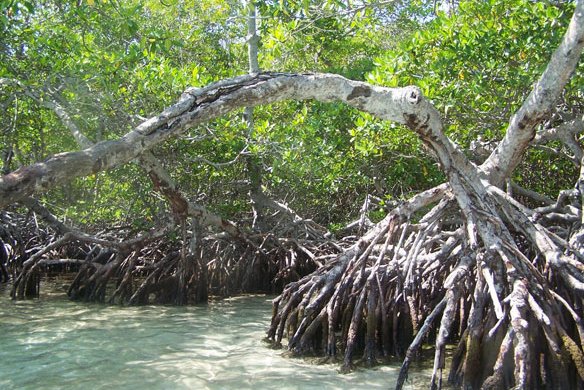
|
EXTRACTION
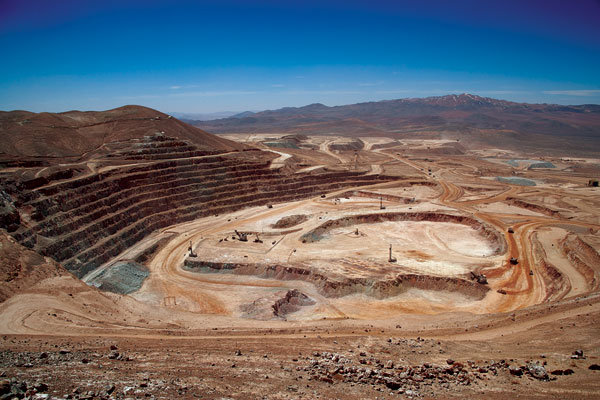
|
SUPPLY CHAIN
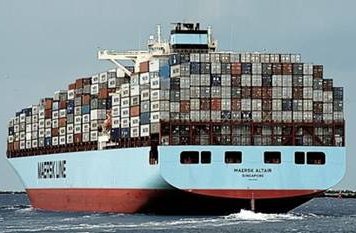
|
PRODUCTION
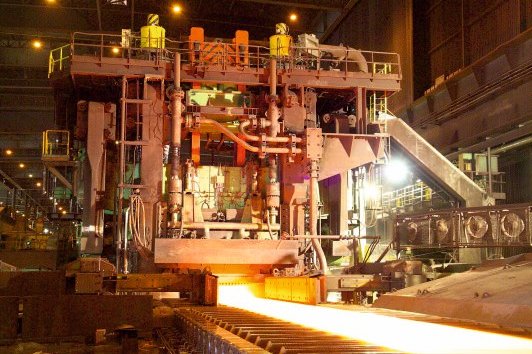
|
USE

|
WASTE
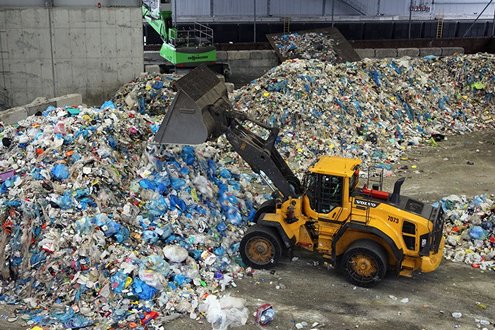
|
|
Everything that is used to support a high standard of living and quality of life has a long supply chain, then production and distribution, then use, and then a post use waste chain. For metrics to be meaningful, all of these stages must be brought into account.
|
|
.
|
|
CONSIDER ALL THE PERSPECTIVES
|
|
EMPOWER ALL THE ACTORS
|
|
AND ACCOUNT FOR IMPACT ON ALL THE CAPITALS
|
TECHNOLOGY

Enabler of progress
|
ORGANIZATIONS
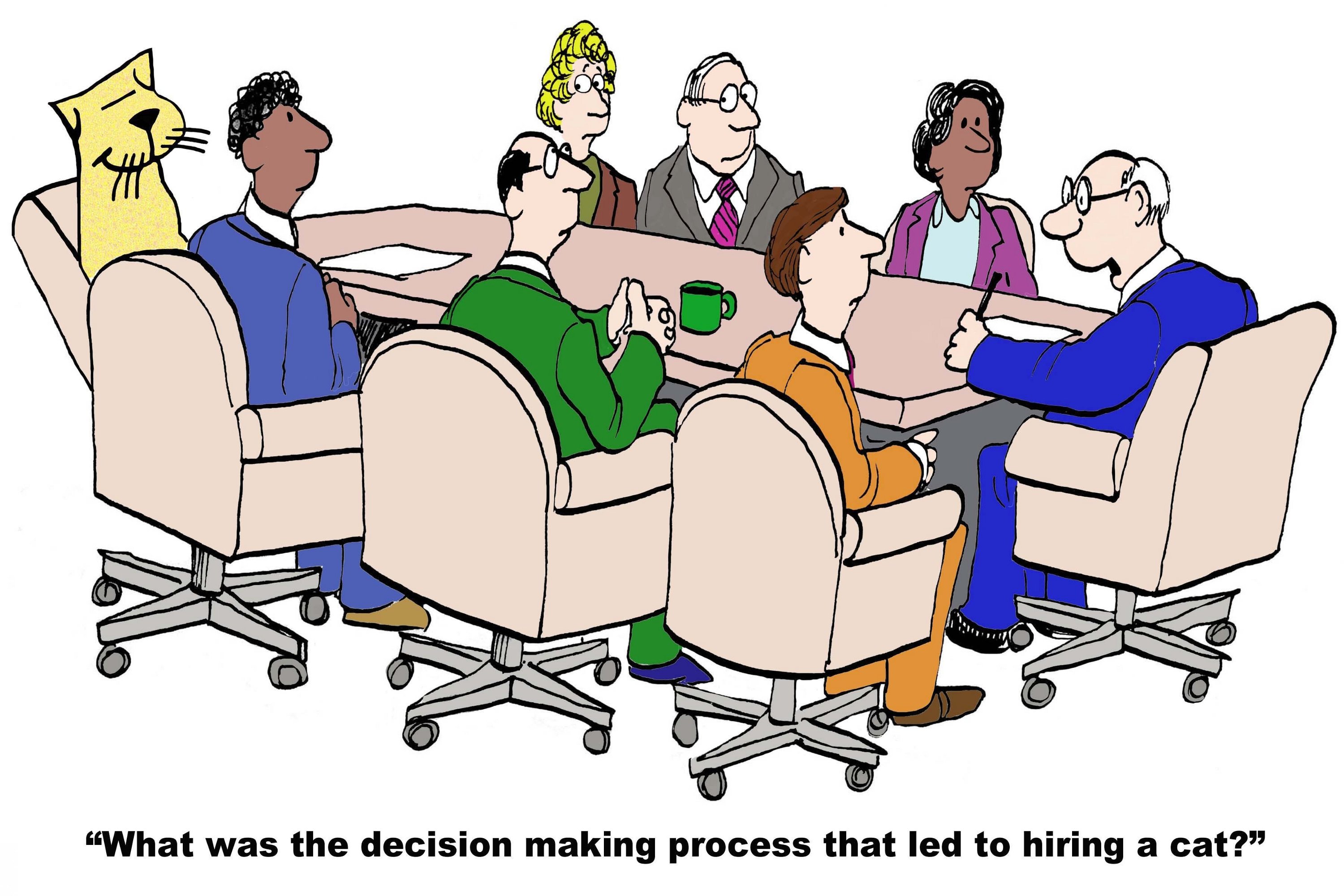
More than profit
|
PEOPLE

Men, women & children
|
PLACE
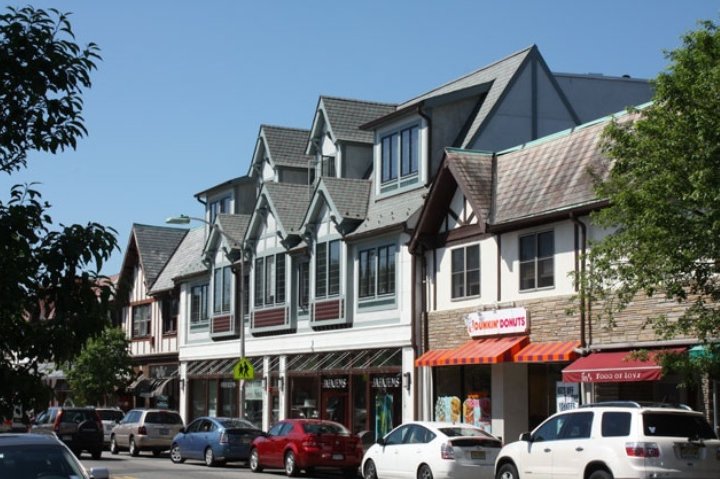
Where people live
|
PRODUCTS
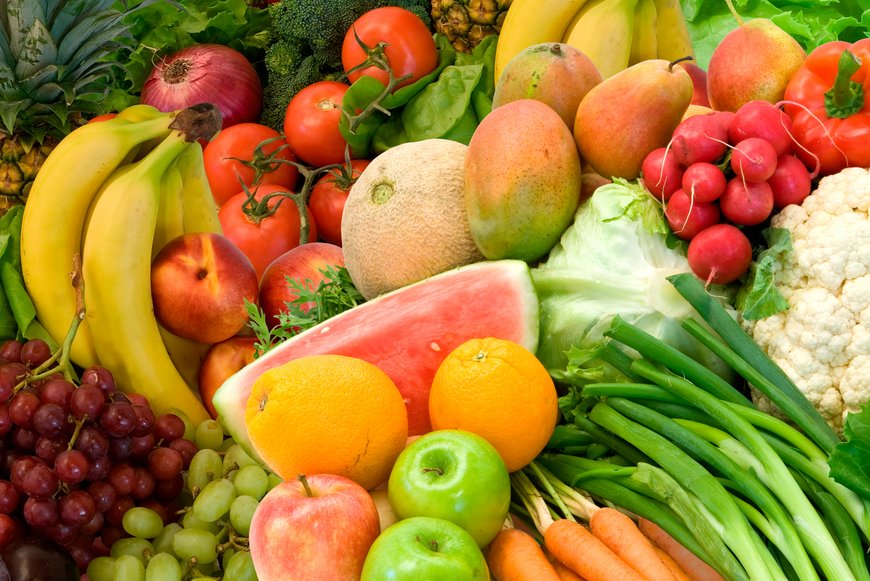
Quality of Life
|
|
Some people are very fortunate, and others less so. The accident of birth should not be the main determinant of success and a happy productive life. There should be opportunity for everyone.
The characteristics of the place make a big difference to quality of life. The choices people make regarding the products purchased and consumed impact the person, the economy and the environment.
|
|
.
|
|
ROLE PLAYED BY TECHNOLOGY
|
|
PRODUCT CONSUMPTION IS A DRIVER OF THE MODERN ECONOMY
|
CONSUMPTION

|
PROCESSES

|
MATERIALS
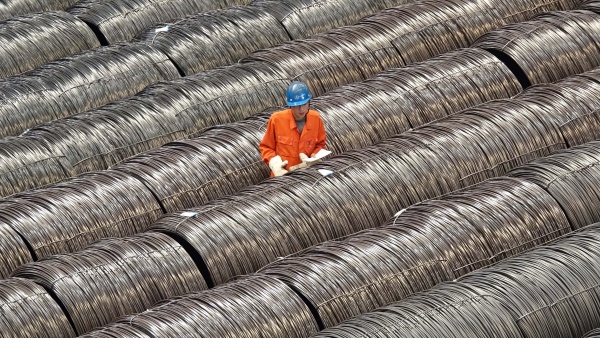
|
ENERGY
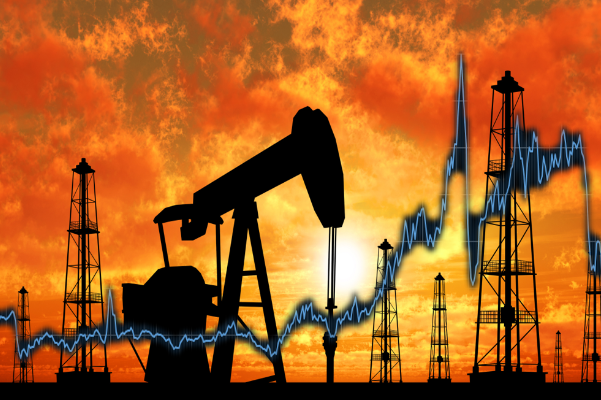
|
PAYROLL
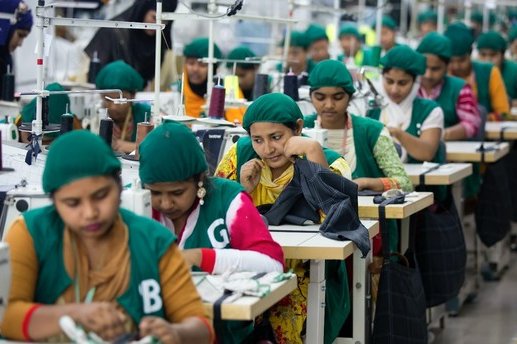
|
|
Consumption is driving the modern economy. It looks like success as long as the depletion of natural resourcs and the degradation of the environment is ignored.There is strong correlation between better quality of life and more consumption in poor economies, but less so in mature rich econmies. Rich economies are increasingly associated with waste, luxury and inefficiency.
|
|
ROLE PLAYED BY CORPORATE ORGANIZATIONS
|
|
ALL HAVE SUBSTANTIAL IMPACT ON SOCIETY AND THE ENVIRONMENT
|
DIGITAL TECH
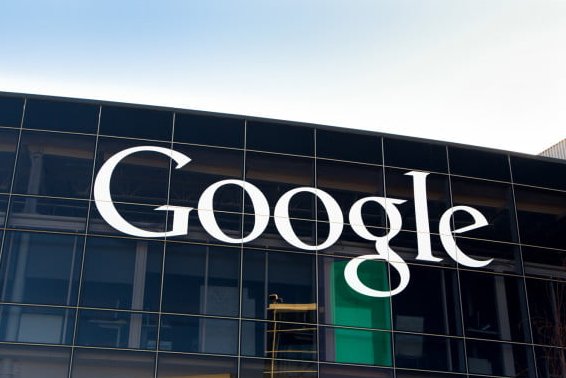
Google
|
OIL & GAS
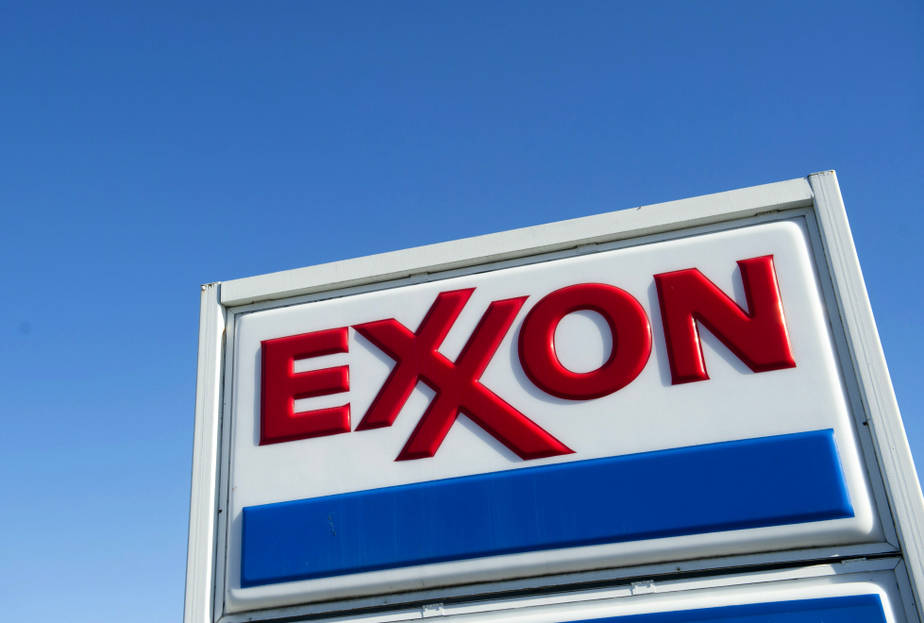
ExxonMobil
|
AERO ENGINES

Rolls Royce
|
BANKING

HSBC
|
ENGINEERING
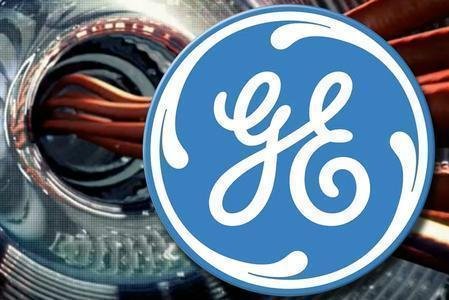 GE
GE
|
FOOD
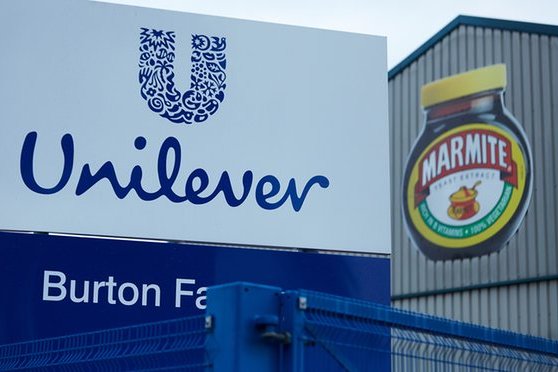 Unilever
Unilever
|
|
Most of the global economy comprises products that are produced by very big organizations that are complex with multiple factories in many different locations, and supply chains that span the globe. It is not easy to understand these companies in a way that makes it possible to hold them accountable for their behavior. Nevertheless, despite their complexity, they are able to communicate their profit performance to investors, but not their social impact nor their environmental impact, even where these are material. This has to change.
|
|
.
|
|
ROLE PLAYED BY INDIVIDUAL PROCESSES & FACTORIES
|
|
WHAT IS THE IMPACT ON SOCIETY AND THE ENVIRONMENT?
|
MINING

|
LOGISTICS

|
ENERGY
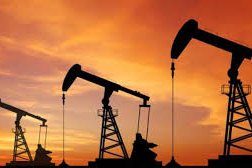
|
ELECTRICITY
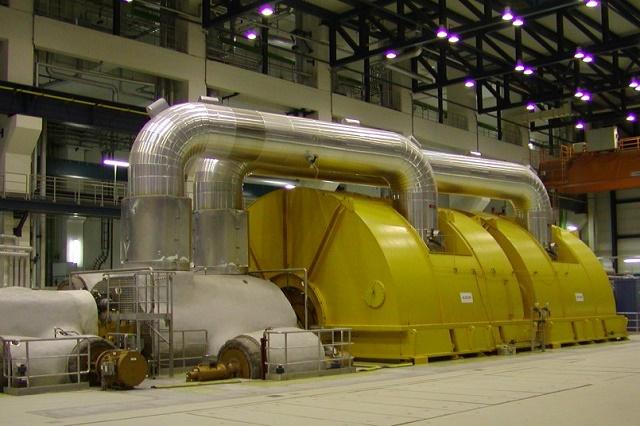
|
PRODUCTION

|
OIL REFINERY
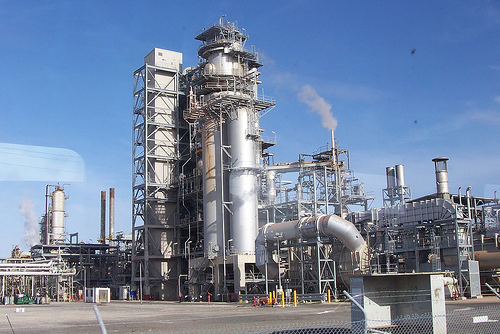
|
|
Every sector, every industry, has become very specialized and over a long period of time has been optimized for profit performance. Profit performance has been exceptional for decades, but too little attention has been paid to social and environmental issues. This must change. Process improvements are essential and must focus in improving social impact and environmental impact as well as merely being more profitable.
|
|
.
|
|
MANAGE FOR THE SECTORS / INDUSTRIES
|
|
WHAT IS THE IMPACT ON SOCIETY AND THE ENVIRONMENT?
|
MINING

|
LOGISTICS

|
ENERGY

|
ELECTRICITY

|
PRODUCTION

|
|
AGRICULTURE
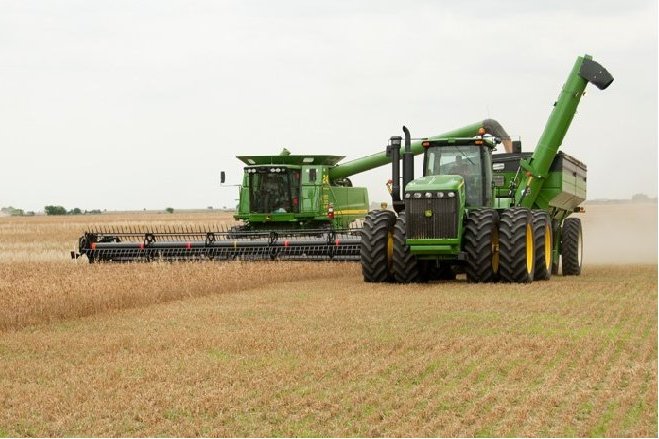
|
HEALTHCARE
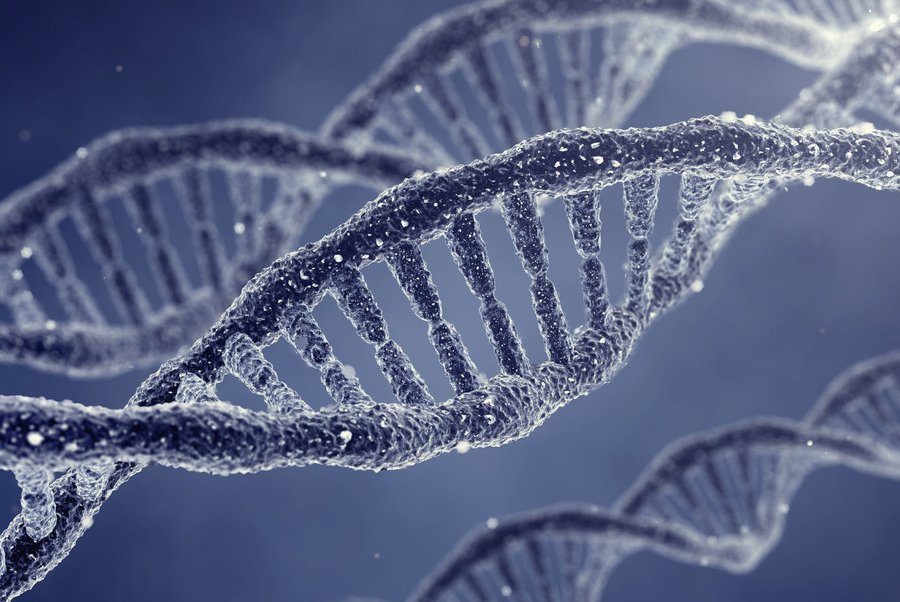
|
RAIL
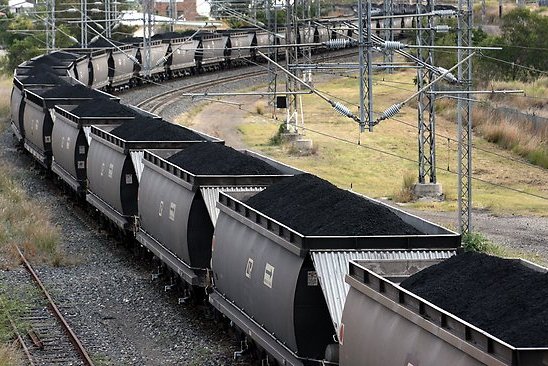
|
|
|
|
|
Every sector, every industry, has become very specialized and over a long period of time has been optimized for profit performance. Profit performance has been exceptional for decades, but too little attention has been paid to social and environmental issues. This must change. Process improvements are essential and must focus in improving social impact and environmental impact as well as merely being more profitable.
|
|
PEOPLE ... THE ULTIMATE ACTORS
|
|
.
|
|
PEOPLE MAKE DECISIONS ABOUT THE CONSUMPTION OF PRODUCTS
|
Food - Vegetables
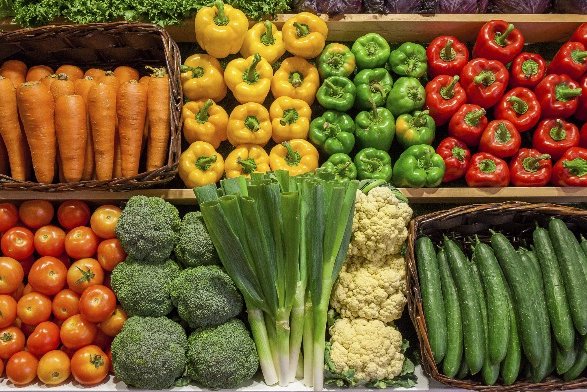
|
Food - Meat
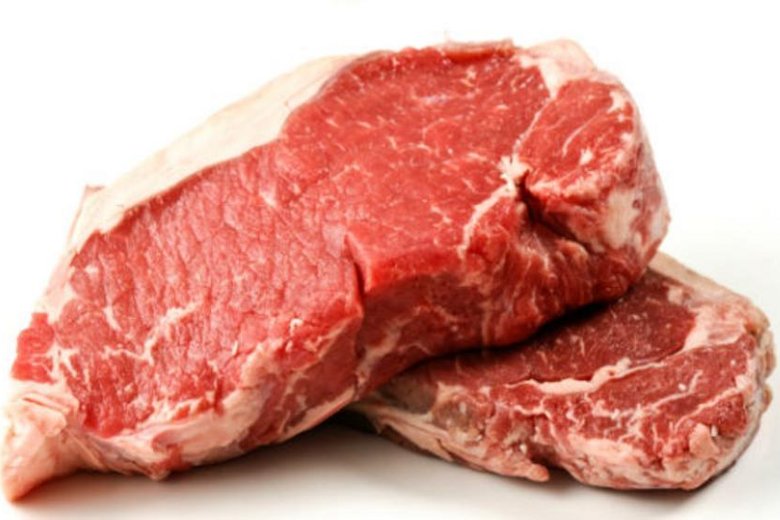
|
Housing

|
Clothes
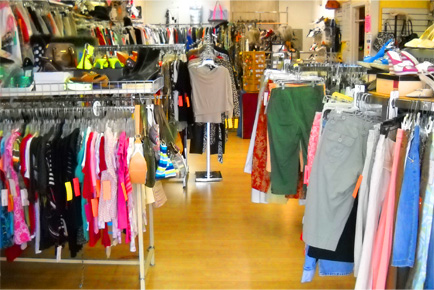
|
Mobility
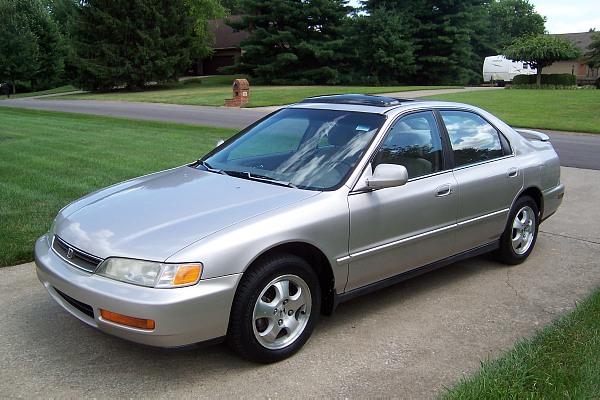
|
Recreation
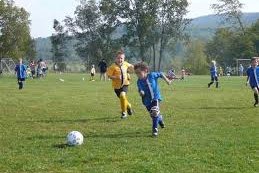
|
|
More consumption correlates to a better quality of life up to a certain level. Beyond that level more consumption may well have negative consequences, as for example too much food may result in obesity and diabetes or worse.
|
|
.
|
|
PEOPLE AS CONTRIBUTORS ... AS DECISION MAKERS
|
AS INDIVIDUALS

Live life ... work & family
|
IN ORGANIZATIONS

Do the work ... make the decisions
|
AS INVESTORS
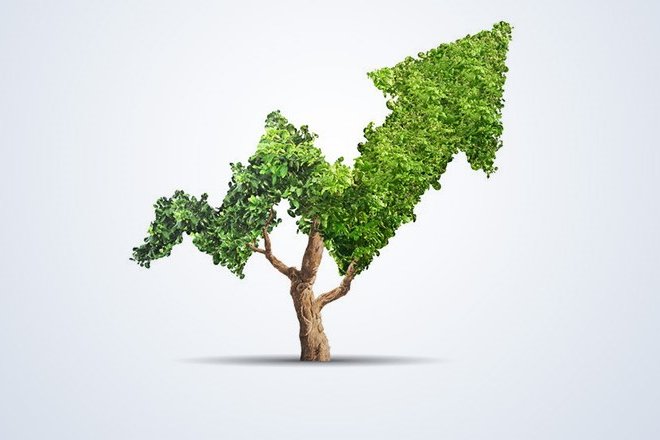
Allocate financial resources
|
|
EMPOWER THE INDIVIDUAL AND ENABLE BASIS FOR A BETTER LIFE
|

|
Every individual is different, both in what they are capable of doing and how they want to live their lives. People should have the freedom to succeed in all sorts of good ways, and should be helped so that they never fail. People need the facts about themselves and everything around them.
|
|
ESTABLISH ACCOUNTABILITY FOR PEOPLE WITHIN ORGANIZATIONS
|

|
Companies are important drivers of the economy. Within companies it is people that make the decisions, and for many decades the dominant metric for success has been profit without taking into consideration impact on society and nature. This must change. Profit performance on its own is not enough!
|
|
IMPROVE DECISION PROCESS FOR INVESTMENT DECISIONS
|

|
The allocation of capital shapes the future of the economy. People make the decisions about what investments should be made and have been guided mainly by the potential for growth of financial wealth without taking into consideration issues relating to society and the environment. These other issues matter.
|
|
.
|
|
.
|
|
PLACE
|
|
THE CRITICAL VALUE ADD FROM LOCATIONAL CAPITAL
|
|
.
|
|
CITIES / COMMUNITIES
|
Cities and Communities are where people live their lives
|
MAIN ST.

|
SCHOOLS
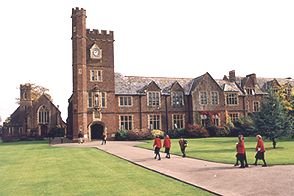
|
CHURCHES

|
POLICE

|
RECREATION

|
HOSPITALS

|
SUBURB
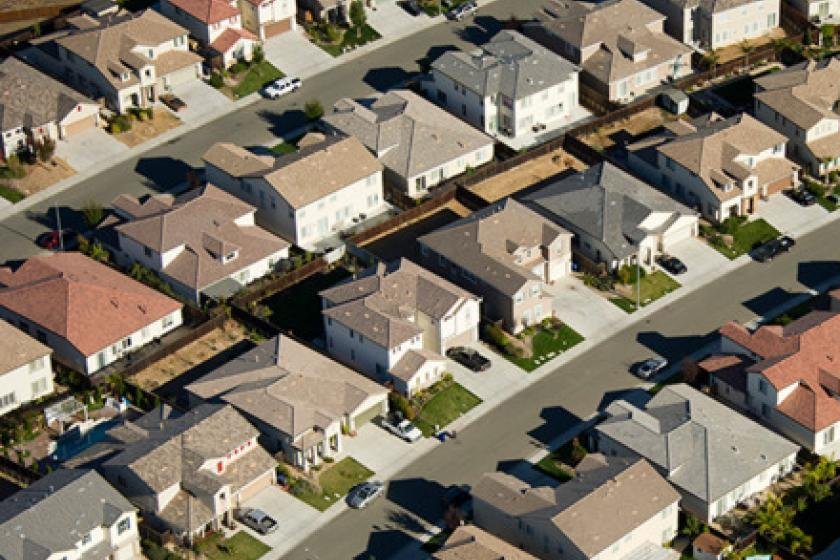
|
UNIVERSITIES
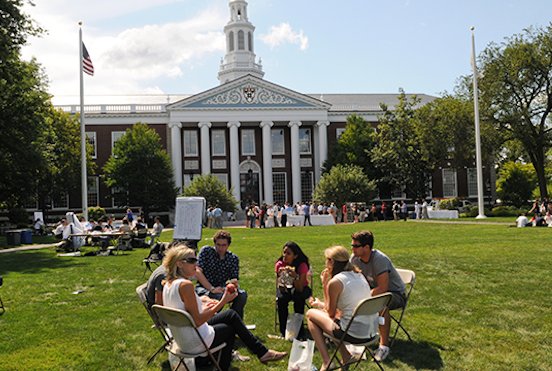
|
HOUSING
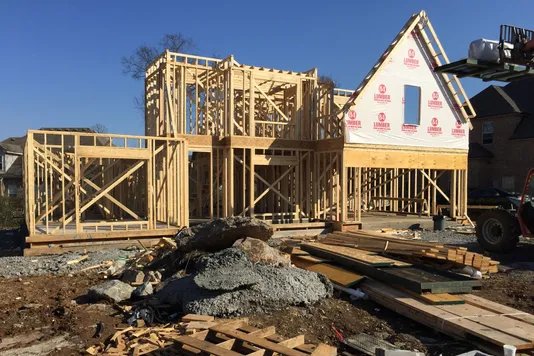
|
FIRE

|
RELAXATION

|
PERSONNEL

|
|
Everything is needed in the place to enable Quality of Life. Everything is interconnected. Nothing important can be missing ... multi-sector is essential
|
|
.
|
|
COUNTRIES
|
More than 200 countries ... with vastly different characteristics
|
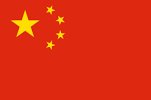

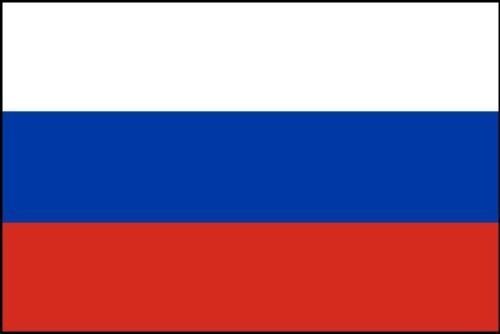


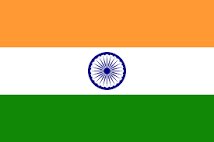
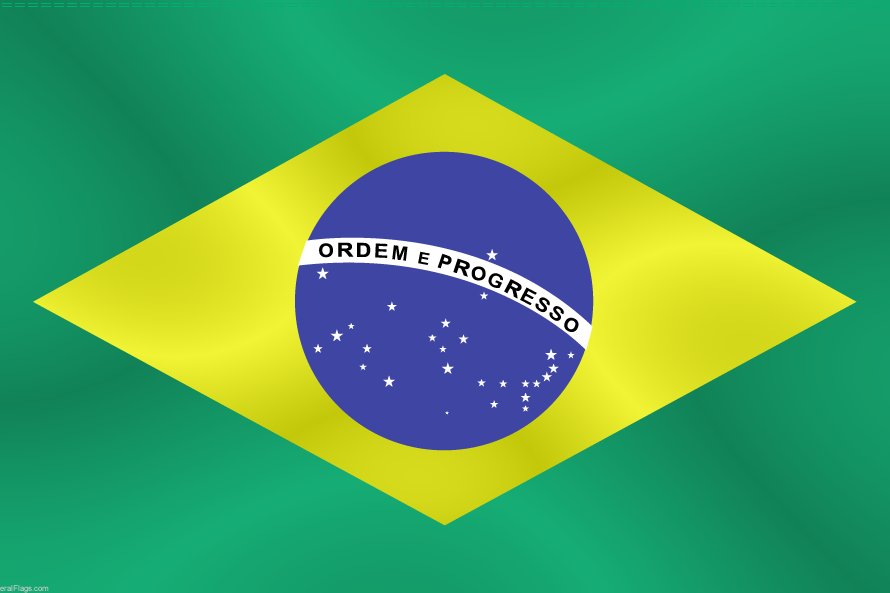
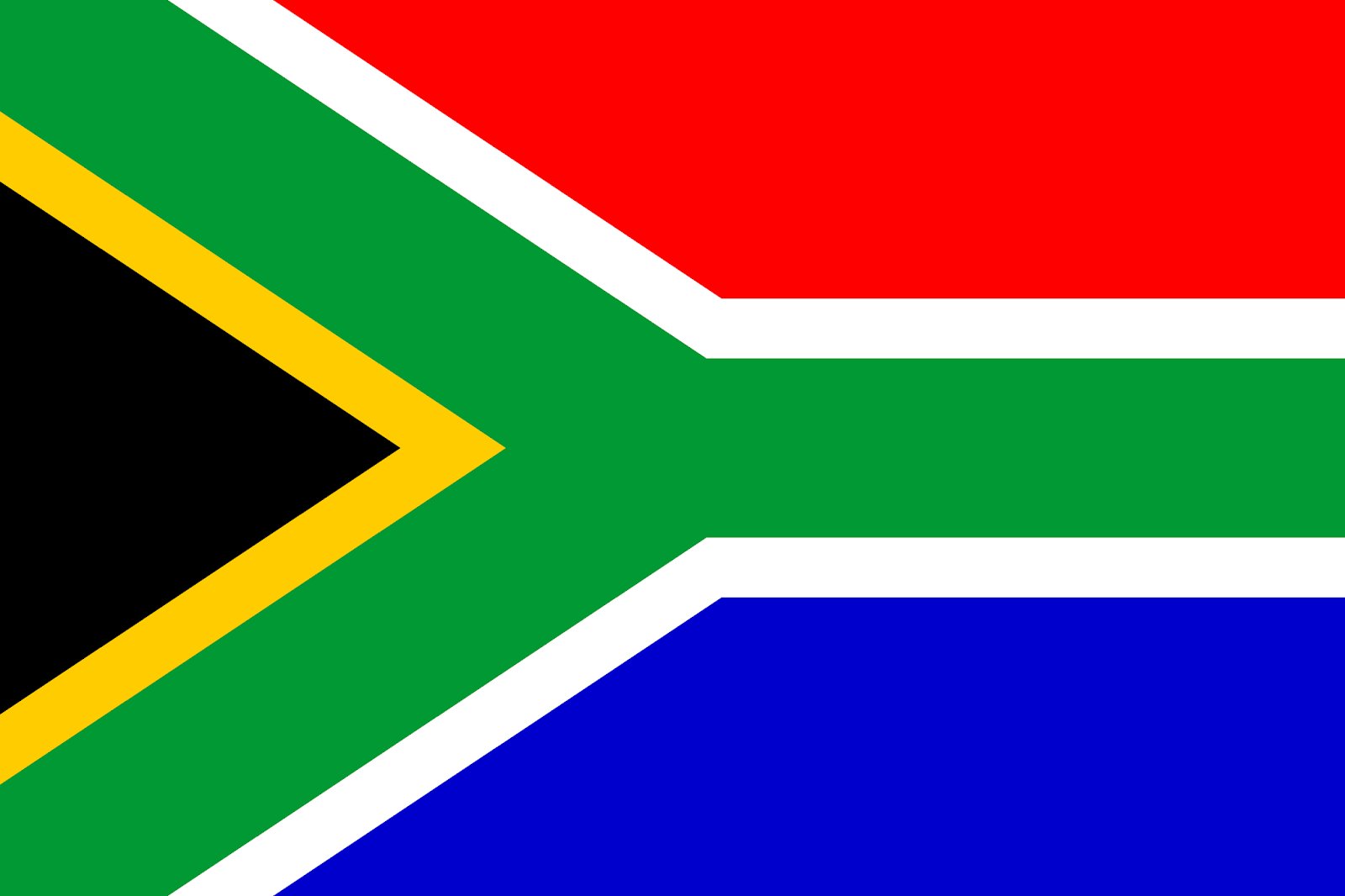



|
Data at the country level useful for broad comparisons, not so much for management of performance
|
|
.
|
|
.
|
|
PRODUCTS
|
|
PRODUCTS IMPACT PEOPLE AND ORGANIZATIONS AND NATURE
|
|
.
|
|
NEEDED FOR A DECENT QUALITY OF LIFE
|
Food - Vegetables

|
Food - Meat

|
Housing

|
Clothes

|
Mobility

|
Recreation

|
|
More consumption correlates to a better quality of life up to a certain level. Beyond that level more consumption may well have negative consequences, as for example too much food may result in obesity and diabetes or worse.
|
|
.
|
|
PRODUCTS START WITH NATURE AND HAVE A LONG LIFE CYCLE
|
NATURE

|
EXTRACTION
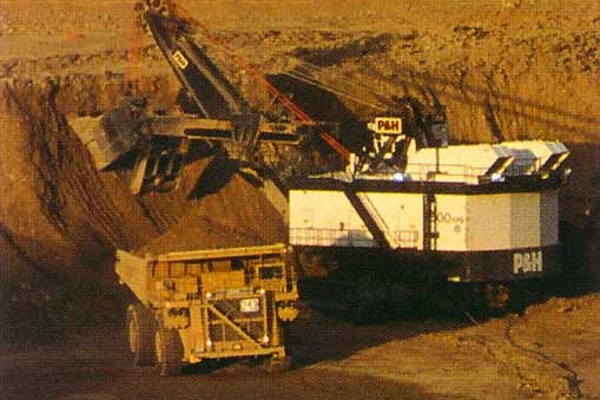
|
LOGISTICS
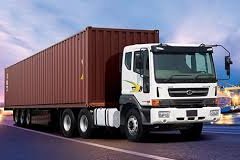
|
PRODUCTION

|
|
|
|
|
|
|
|
LANDFILL
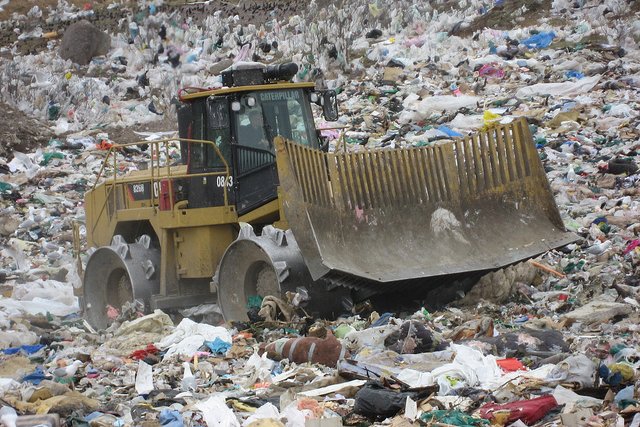
|
RECYCLING

|
DRIVING
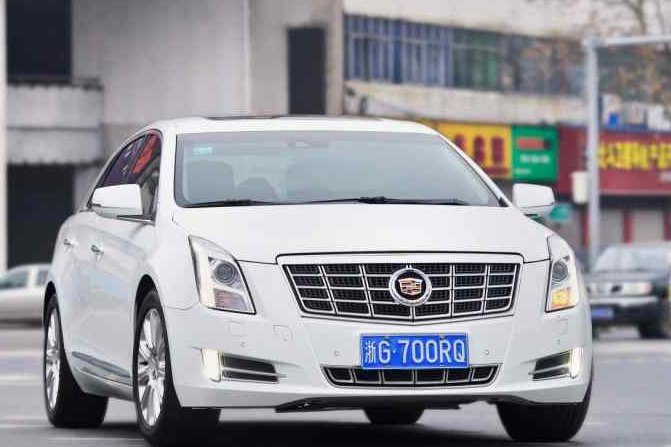
|
EATING

|
CONSUMING

|
|
|
|
|
More products and more consumption improves quality of life up to a point. But the manufacture of products results in industrial pollution which is bad for the planet. Getting a better balance is essential.
|
|
.
|
|
SITE NAVIGATION ... NAVBAR MENU
|
|
|
|

